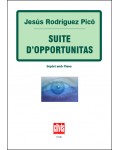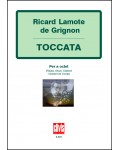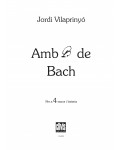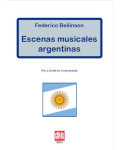
No products
Prices are tax included
Product successfully added to your shopping cart
There are 0 items in your cart. There is 1 item in your cart.
- English
- Castellano
- Català
Three pieces for oboe and string quartet
E283
New product
The collection Three pieces for oboe and string quartet is, then, one of the first scores Lluís Benejam ever composed, despite which the musical language that would later characterise Benejam’s work is already present in its basic form.
| Period | XXth Century |
| Subheading / Parts | I. Impromptu, II. Elegia, III. Rondó |
| Instruments | ob.2vl.vla.vc. |
| Pages | 103 |
| Time | 22 min. |
| Contents | Score and parts |
| ISMN | 979-0-3502-0481-4 |
| Edition | Printed |
The collection Three pieces for oboe and string quartet is, then, one of the first scores Lluís Benejam ever composed, despite which the musical language that would later characterise Benejam’s work is already present in its basic form: constant rhythmic pulse, a taste for melodies of great flight and chromatic accompaniments, contrapuntal wealth, impressionist turns, structural perfectionism and the use of all that the instrument he is writing for has to offer.
Right from the first of these three pieces, his command of writing for string quartet is revealed in all its glory with an introduction that paves the way for the lyrical entry of the oboe. The wind instrument presents a rather precious melody which, although at times forges a dialogue with the first violin, for the most part weaves itself into and rests on the rhythmic and harmonic cushion of the strings. In the second piece, the oboe truly takes centre stage, driving the melody over a static harmonic string accompaniment which only halfway through the piece breaks through to take over the melody. The title Elegy responds perfectly to the feel of the piece, which at certain moments is reminiscent of the texture of black spiritual music. Once again in the final piece of the collection, more playful in nature, the rhythmic and contrapuntal resources of the strings are exploited, with a dancing oboe part that does not shy away from fragments of lyricism. The rondo format allows the main theme to be heard repeatedly in various forms, filled with colour and even good humour.
David Puertas

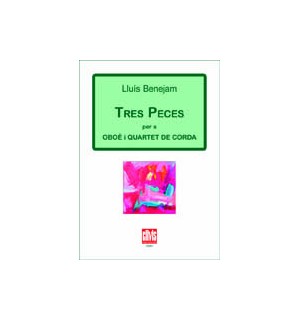




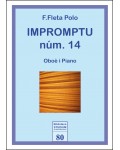
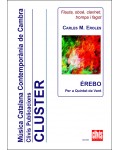
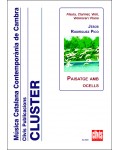
![Sextet [score]](https://www.clivis.cat/939-home_default/sextet.jpg)
![Sextet [parts]](https://www.clivis.cat/945-home_default/sextet.jpg)
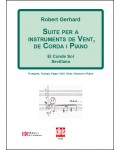
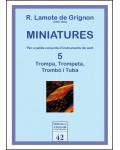
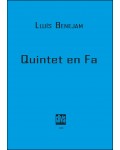
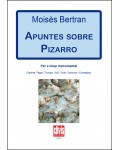
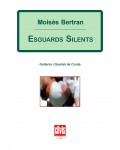
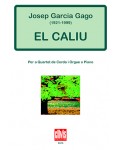
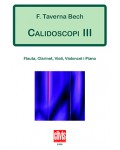
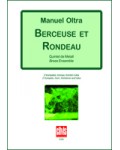
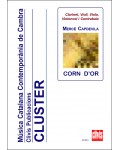
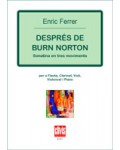
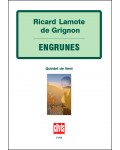
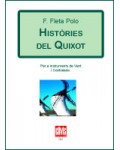

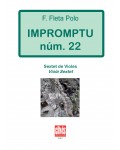
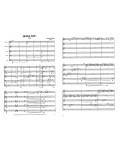
![Quintet de corda [partitura]](https://www.clivis.cat/2086-home_default/quintet-de-corda-partitura-.jpg)
![Quintet de corda [particel·les]](https://www.clivis.cat/2087-home_default/quintet-de-corda-particelles-.jpg)
